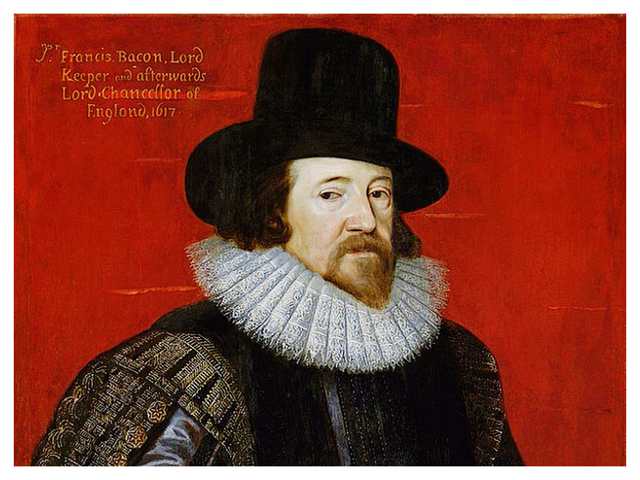Table of contents
Explore the extraordinary life of Sir Francis Bacon, a visionary Renaissance figure. Uncover his groundbreaking contributions, ageless wisdom, and the legacy that continues to shape our world.
Sir Francis Bacon born, 1561
In the annals of history, certain individuals emerge as beacons of intellect, their brilliance transcending time and leaving an indelible mark on human civilization. Sir Francis Bacon, a luminary of the Renaissance, stands among these illustrious figures. His life, marked by intellectual prowess, political influence, and philosophical insight, has left an enduring legacy that continues to shape our understanding of science, politics, and the pursuit of knowledge.
Early Life and Education
Born on January 22, 1561, in London, England, Francis Bacon was the son of Sir Nicholas Bacon, Lord Keeper of the Great Seal, and Lady Anne Bacon. From a young age, Bacon exhibited an insatiable curiosity and an innate desire to unravel the mysteries of the world. His education at Trinity College, Cambridge, laid the foundation for his future pursuits in law, politics, and philosophy.
Political Ascendancy
Bacon’s ascent in the political arena was swift and impressive. His career reached new heights when he became the Attorney General and later the Lord Chancellor of England under the reign of James I. His influence extended beyond politics, as he played a pivotal role in the establishment of the scientific method and the promotion of empirical inquiry.
Philosophical Contributions
At the heart of Bacon’s enduring legacy is his groundbreaking philosophy. He championed the empirical method, advocating for the systematic observation and experimentation as the foundation of scientific knowledge. In his seminal work, “Novum Organum,” Bacon outlined his vision for a new method of inquiry, laying the groundwork for the scientific revolution that would follow.
Literary Legacy
In addition to his contributions to philosophy and science, Bacon was a prolific writer and essayist. His essays, marked by eloquence and keen observations, explored a myriad of subjects, from friendship and ambition to truth and adversity. “The Essays,” a collection of his reflections, remains a literary treasure, offering timeless insights into the human condition.
Ageless Wisdom
As we reflect on Sir Francis Bacon’s life, it becomes evident that his wisdom transcends the confines of his era. His emphasis on reason, empirical investigation, and the pursuit of knowledge resonates with contemporary thinkers and continues to inspire scientists, philosophers, and leaders worldwide.
Legacy and Impact
Sir Francis Bacon’s legacy endures in the very fabric of our intellectual and scientific pursuits. His emphasis on empirical inquiry laid the foundation for the scientific method, shaping the course of human progress. The Enlightenment and subsequent scientific advancements owe a debt to Bacon’s visionary ideas.
Conclusion
In the tapestry of history, Sir Francis Bacon emerges as a visionary Renaissance figure whose influence reverberates through the corridors of time. His life, marked by intellectual brilliance and political acumen, has left an indelible mark on the world. As we delve into the annals of Bacon’s biography, we uncover not just a historical figure, but a guiding light whose wisdom continues to illuminate the path of human inquiry and progress.

